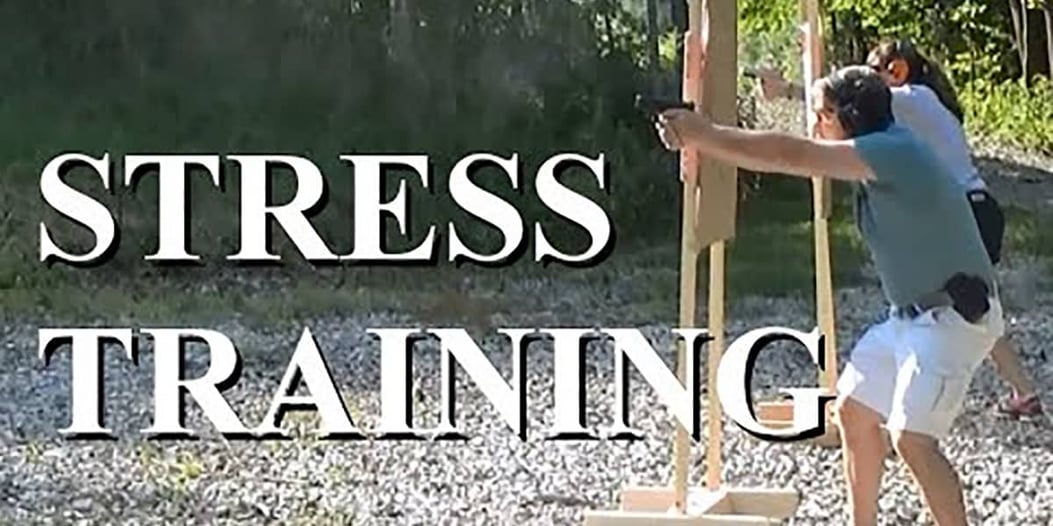We all have different ways in which we exercise our Second Amendment rights. Some take tactical training courses, others become instructors, many get to the range often to practice marksmanship with pistols, some with rifles, others primarily with shotguns. There are also those who may simply buy a single gun to keep at home in case of emergencies but rarely use it. Whatever the way each of us enjoys this right, have you ever wondered how you would react in the event that you get into a true gunfight?
For the last four years, I’ve come to the conclusion for myself, that my ultimate reason for becoming a gun owner was not only to help bring other women into the firearms community, but also to become my own protector. To that end, I got out of my comfort zone of going to the range to practice plinking and sought out training from people who have actually been in firefights. Now, this is not to say that anything that I’d do would accurately simulate all aspects of being in a gunfight, but some of the people I’ve known and trained with, from local police to state police to Marines, a retired FBI agent and even a retired SEAL (who is also my brother-in-law), have given me insight and preparation that I hope could save my life if I ever found myself in a critical situation.
Maintaining a certain level of physical fitness is always recommended. The last thing you want to have happen is for your body to fail you in that critical moment. When our bodies are suddenly thrust into that fight-or-flight mode, several physiological changes occur, including extreme tunnel vision, rapidly diminished fine motor skills in your hands, rapid heartbeat, slowing of the passage of time, even some acute memory loss in some cases. In short, your body is on auto pilot. What you have trained it to do, will likely be what it will do. Your ability to think straight will be out the window.
Simulating that feeling starts with some sort of physical exhaustion from cardio work. Add some nerve-racking noise, visual distractions, and rapid, loud commands from an instructor, and you’ll start to have at least a very small flavor of how you may react in a high-stress situation. Try doing burpees or push-ups right before you shoot. When you get good and exhausted, shooting becomes quite a bit more difficult. Have other outside distractions that will cause you stress as well. Making a competition out of it is a good way to force artificial stress into the mix. Get a friend to shout out commands in a course of fire. Getting rattled is actually the best way to learn.
None of these methods truly mimics what you go through when your life is truly in immediate danger, but it does at least give you a sense of how to train for the situation we hope never comes. I find it to be more fun than simply shooting at a paper target at 21 feet, although, I’d rarely pass up an opportunity to do that, too! In whatever way you choose to exercise your right, make it count.














